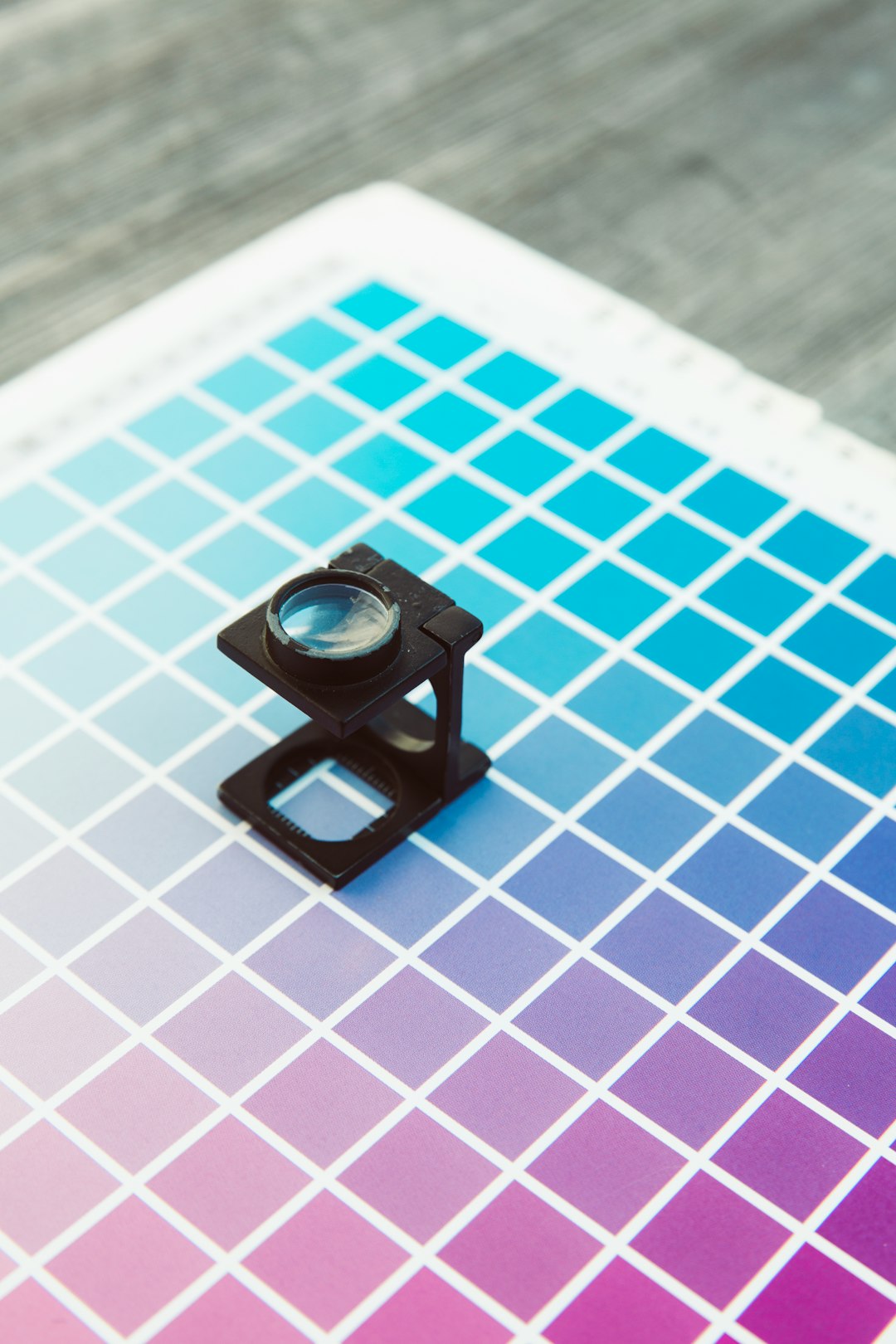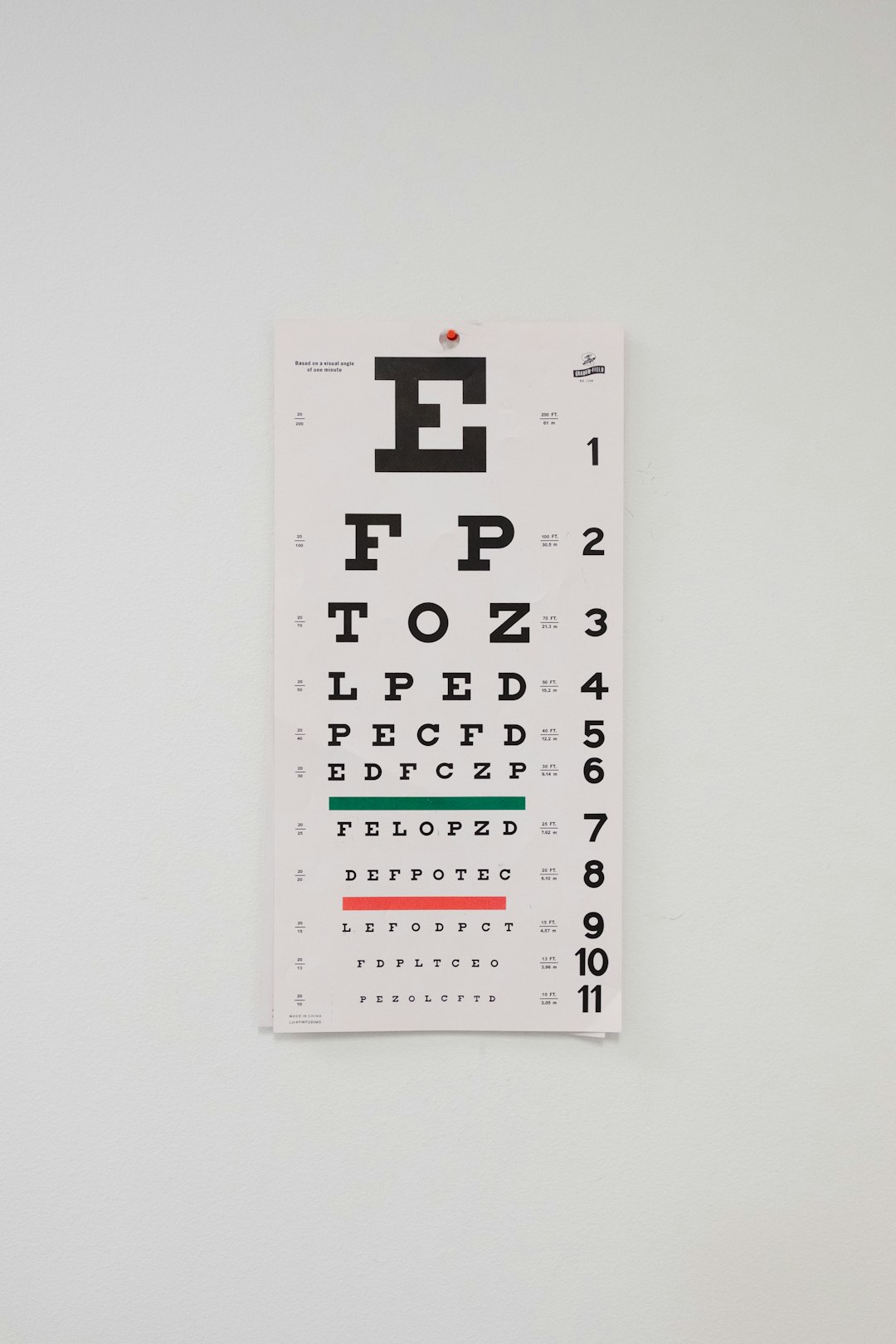The pharmaceutical industry is constantly evolving, with technological advancements driving a need for updated machinery. However, not all companies can afford to purchase new equipment due to budget constraints or specific operational needs. This is where the market for second hand pharmaceutical machinery comes into play.
Second hand pharmaceutical machinery offers a cost-effective alternative for many businesses. By purchasing pre-owned equipment, companies can save significantly, allowing them to allocate resources to other critical areas. The financial benefits are particularly appealing for smaller firms or startups that may not have the capital to invest in brand new machinery.
Beyond cost savings, used pharmaceutical equipment can also offer environmental benefits. By opting for second hand machines, companies contribute to a circular economy, reducing waste and the demand for new resources. This sustainable approach aligns with the growing trend of eco-conscious business practices in the industry.
One major concern with second hand machinery is the potential for compromised quality or performance. However, reputable dealers and marketplaces offer thoroughly inspected and refurbished equipment to ensure it meets industry standards. It is crucial for buyers to conduct due diligence, including verifying the machine’s history and maintenance records.
Purchasing used machinery also allows for quicker deployment. New equipment often comes with lengthy lead times due to manufacturing and shipping processes. In contrast, second hand machinery is typically ready for immediate use upon purchase, allowing companies to expedite their production timelines.
The market for second hand pharmaceutical machinery is diverse, offering a wide range of equipment types. From tablet presses to packaging machines, businesses can find almost any equipment they need. The availability of such a broad spectrum of machines enables businesses to tailor their purchases to their specific production requirements.
For those interested in exploring this market, resources like second hand pharmaceutical machinery offer a comprehensive selection of pre-owned equipment. These platforms provide detailed listings, including machine specifications and pricing, to assist buyers in making informed decisions.
Another advantage of buying used machinery is the availability of older models that may not be in production anymore. Some pharmaceutical companies rely on specific machinery models that have been phased out but still meet their production needs. The second hand market can be an invaluable resource for acquiring these hard-to-find models.
Additionally, purchasing from established dealers ensures that buyers receive support and service, which can be critical if issues arise post-purchase. Many dealers offer warranties or service packages for added peace of mind. This support helps mitigate some of the risks associated with buying used machinery.
The demand for second hand pharmaceutical machinery is expected to grow as more companies recognise the benefits of cost savings and sustainability. As the industry continues to innovate, the market for pre-owned equipment will likely expand, offering even more opportunities for businesses to enhance their operations.
The decision to buy used equipment should be made after careful consideration of various factors, including the specific needs of the business, the condition of the machinery, and the reputation of the seller. Companies can visit Fallsdell Machinery’s website to learn more about the options available and how to make the most of their investment in second hand pharmaceutical machinery.
In conclusion, the market for used pharmaceutical machinery offers a valuable opportunity for companies looking to balance cost efficiency with operational effectiveness. By making informed choices, businesses can benefit from the financial and environmental advantages of purchasing second hand equipment.






